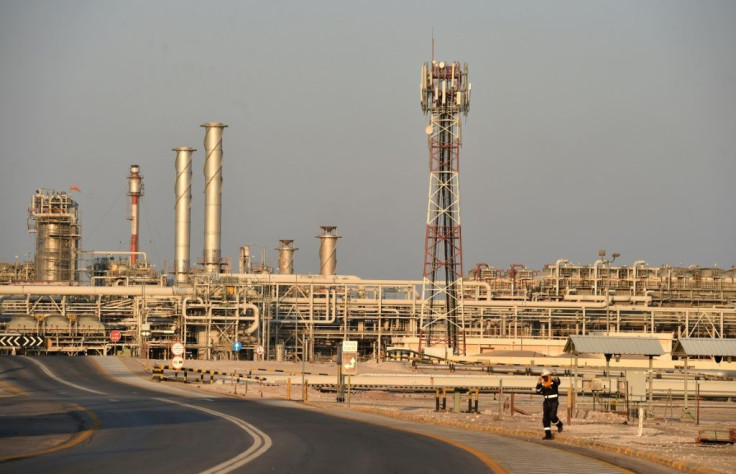Low Crude Prices, Coronavirus Delaying, Scuttling Huge Deals By Indian Energy Firms

KEY POINTS
- Reliance plans to sell a 20% stake in refining and petrochemicals business to Aramco for $15 billion
- Analysts do not think the Reliance-Aramco deal will be cancelled
- The Indian government is seeking to sell its 52.98% stake in Bharat Petroleum
Unprecedented low crude oil prices and the coronavirus pandemic may postpone closure of a huge deal involving Indian conglomerate Reliance Industries and Saudi Arabia’s state-owned energy giant Saudi Aramco.
Last August, Reliance Chairman Mukesh Ambani announced an agreement to sell a 20% stake in Reliance’s refining and petrochemicals business to Aramco for $15 billion, as part of his overall strategy to deleverage the company’s balance sheet. In connection with the deal, Aramco will also provide 500,000 barrels per day of crude oil to Reliance's twin refineries in Jamnagar on the western coast of India.
That transaction had been expected to close in March.
However, since August 2019, the price of crude – as measured by international benchmark Brent crude futures -- has plunged by more than 65% and oil companies around the world are under pressure to cut costs and preserve cash.
"Given the [low] crude price, the realizations will shrink and thus the valuation will also come under pressure. From Reliance’s point of view, they were exploring this deal to deleverage their balance sheet. If the valuation is impacted because of current market conditions then they will have to either dilute a higher percentage of [their] stake or defer the trade to more normal times. For Aramco, the deal still makes a lot of sense," said Sudhir Dash, founder and CEO at advisory firm UnaPrime.
“We thought that Aramco would put money into [Reliance], but after this oil price crash, many companies are now looking for [other] ways that they can put their cash reserves to use,” said Mihir Sharma from Observer Research Foundation, an independent think tank in India.
But analysts do not think the deal will be cancelled despite the current market uncertainties.
“The current challenges will not diminish Saudi Aramco's interest in accessing the Indian market. There is no sense of urgency in this deal. I think after the coronavirus dust settles and crude oil prices stabilize, the discussions may pick up steam," said a consultant.
Reliance’s refining and petrochemicals assets include 1.2 million barrels of oil per day of refining assets in northwestern India.
"Saudi Aramco wants to look at how they can tie up with the large oil consumption market of India and from that point of view Reliance remains a very important potential partnership for them. So there is unlikely to be much change in intent, but there could be some change in pricing. They won't walk away from the deal," said a senior partner at one of India’s big four audit firms.
The senior partner added that Aramco is more likely to conduct deals with Reliance rather than with state-controlled Bharat Petroleum Corp. "In these depressed markets, it will be difficult for the government to go through with such a divestment," he said.
The Indian government is seeking to sell its 52.98% stake in Bharat Petroleum. Several global energy firms, including Aramco, Shell, Rosneft, ExxonMobil (XOM), among others, expressed interest in bidding. That transaction process has also been delayed by virus-related lockdowns.
“The oil price crash has brought the major oil companies [to] its knees… We were expecting them to start putting money into India [but now] those pathways have been closed,” said Sharma of Observer Research.
Since the beginning of March, Bharat Petroleum has seen its shares drop by 13%. Moreover, as global oil firms are facing enormous pressure from collapsed oil prices, they are unlikely to pour cash into such an investment.
“If the [Bharat Petroleum] divestment [had taken] place in [the] January to March quarter, India would have been lucky to have [had] that happen,” said Deven Choksey of Kisan Ratilal Choksey Investment.
© Copyright IBTimes 2025. All rights reserved.





















